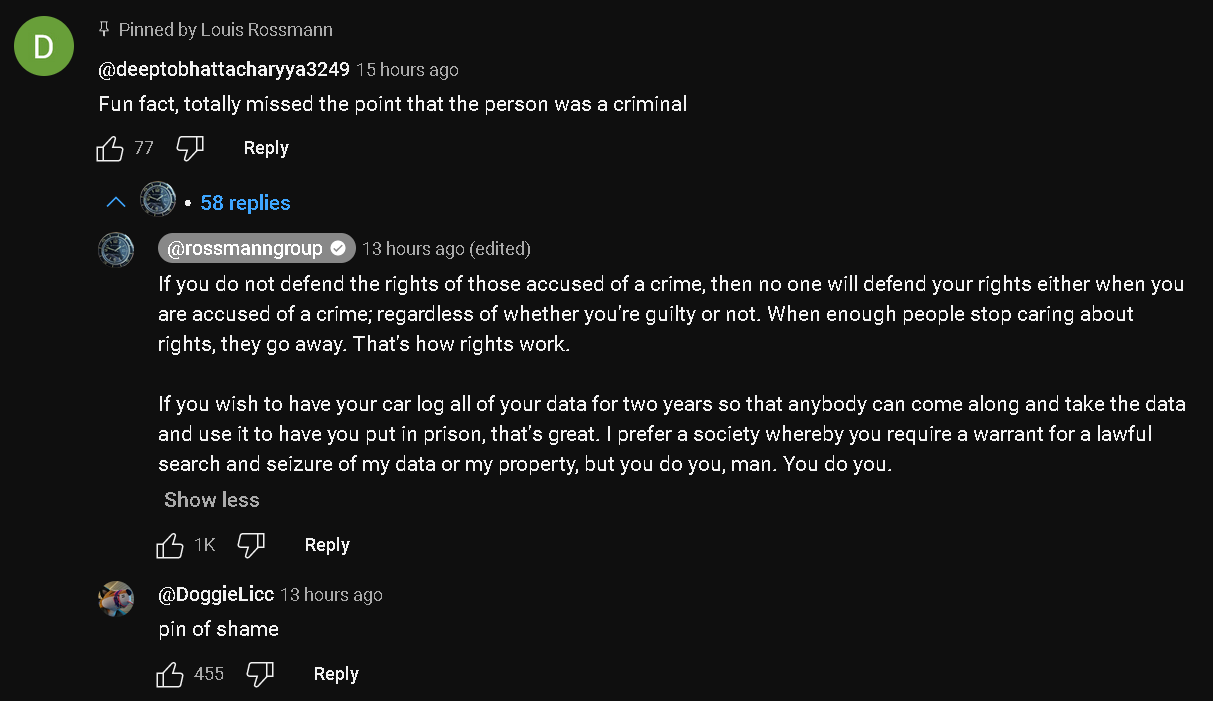Summary
- The case in Singapore highlights the growing concern over the privacy implications of infotainment systems in cars. Law enforcement agencies tapping into these systems raises questions about potential misuse of personal data.
- The ruling in the US that allows automakers to collect and store text messages without consent is a concerning precedent. It shows that current privacy laws may not adequately protect individuals from data exploitation.
- The collection and sale of driving data by automakers in the US without consent is an invasion of privacy. It raises concerns about who has access to this data and how it could potentially be used.
- Strengthening consumer privacy laws is crucial to ensure that individuals have control over their personal data and are protected from its misuse. Stricter regulations are needed to prevent unauthorized access and use of private information.
- Balancing the need for law enforcement with individual privacy rights is a complex issue. It requires finding a middle ground that allows for effective crime prevention while respecting individuals’ privacy and ensuring data protection.

Pinned Comment:
Fun fact, totally missed the point that the person was a criminal
Response by Louis:
If you do not defend the rights of those accused of a crime, then no one will defend your rights either when you are accused of a crime; regardless of whether you’re guilty or not. When enough people stop caring about rights, they go away. That’s how rights work.
If you wish to have your car log all of your data for two years so that anybody can come along and take the data and use it to have you put in prison, that’s great. I prefer a society whereby you require a warrant for a lawful search and seizure of my data or my property, but you do you, man. You do you.
Here is an alternative Piped link(s):
https://piped.video/wcxCJbNrvzQ
Piped is a privacy-respecting open-source alternative frontend to YouTube.
I’m open-source; check me out at GitHub.



